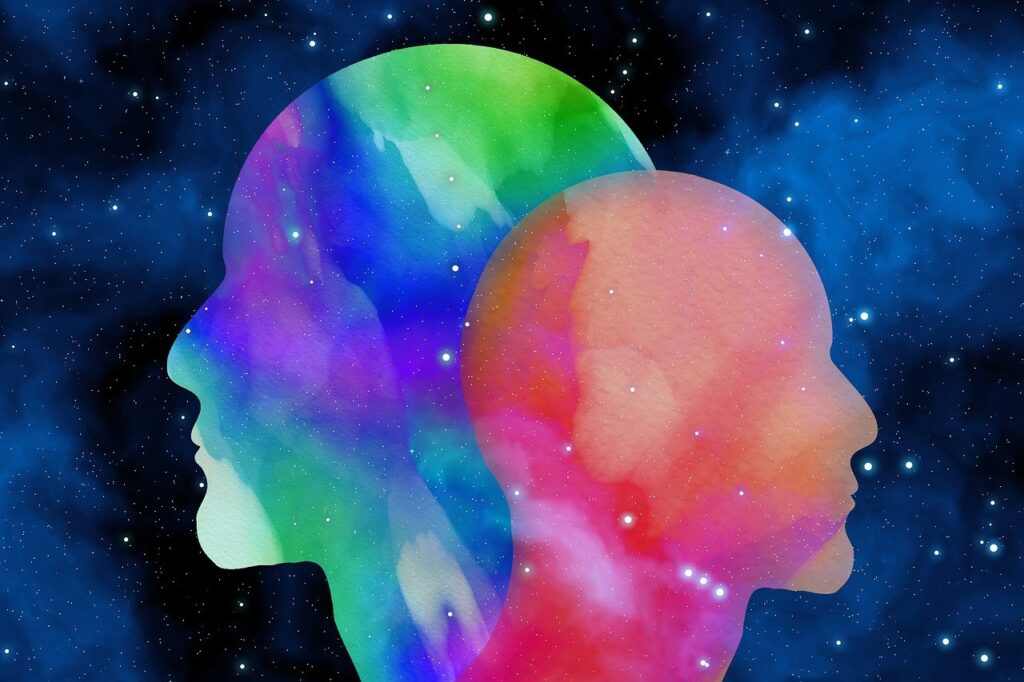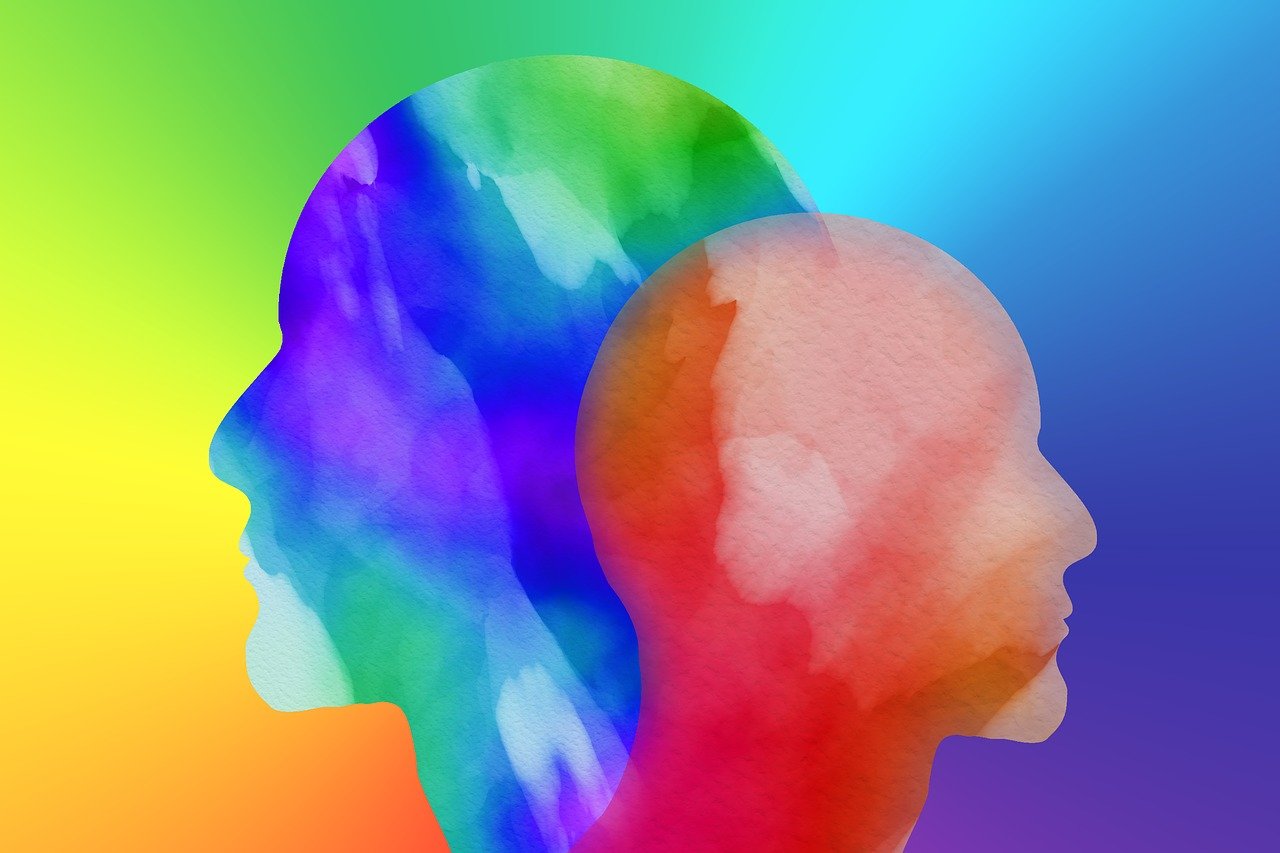Philosophy Debunked: Stunning Free Will Illusion Exposed
Philosophy has long grappled with the enigma of free will, framing it as the pinnacle of human dignity. Yet modern science and critical thought are unraveling this centuries-old assumption, exposing free will as a compelling illusion. What does this mean for our understanding of choice, morality, and identity? The implications are as unsettling as they are transformative.
—
Philosophy’s Longstanding Obsession with Autonomy
For millennia, philosophers have debated whether humans possess genuine agency or are bound by deterministic forces. From Aristotle’s virtue ethics to Kant’s moral imperatives, free will has been treated as the bedrock of responsibility. Even compatibilists like Hume, who reconciled free will with determinism, insisted that conscious choice defines our humanity.
Yet these arguments often sidestepped a glaring question: What if our sense of control is merely a narrative crafted by the brain? Cognitive science now suggests exactly that. Studies reveal that decisions are made subconsciously before we’re aware of “choosing.” The brain’s motor cortex, for instance, activates milliseconds before conscious intent emerges—a phenomenon first observed in Benjamin Libet’s landmark 1980s experiments. If the mind is a storyteller rationalizing actions after the fact, philosophy’s traditional frameworks crumble.
—
Neuroscience vs. Philosophy: The Illusion Unmasked
Recent advancements in neuroscience have deepened the rift between philosophical ideals and empirical reality. Brain imaging shows that neural patterns predict decisions up to seven seconds before subjects report making them. This gap between action and awareness undermines the notion of a sovereign “self” steering behavior.
Determinism—the idea that every event is caused by prior states—gains traction here. If our choices stem from genetic wiring, environmental conditioning, and unconscious processes, where does free will reside? Philosophers like Sam Harris argue that even the feeling of autonomy is deterministic, shaped by factors beyond our control. This challenges ethics systems that punish individuals as if their actions were wholly self-authored.
—
The Philosophical Fallout: Rethinking Morality and Meaning
If free will is illusory, what becomes of blame, praise, or justice? Retributive punishment—rooted in the belief that people “deserve” consequences—loses its logical footing. Some ethicists propose shifting focus to rehabilitation and societal safety over moral desert. This utilitarian approach aligns with determinism but clashes with deeply ingrained cultural narratives.
Existentialism, which champions self-creation, also faces scrutiny. If our identities are products of biology and circumstance, Sartre’s assertion that “existence precedes essence” seems naive. Yet this revelation isn’t nihilistic; it invites empathy. Recognizing that others’ actions arise from uncontrollable factors fosters compassion over condemnation.
—
Can Philosophy Adapt?
Philosophy isn’t obsolete—it’s evolving. Thinkers like Daniel Dennett defend a revised compatibilism, framing free will as a pragmatic concept essential for social cohesion. Others, like Patricia Churchland, integrate neuroscience into ethical discussions, arguing that moral systems must reflect how brains actually work.
The challenge lies in reconciling human experience with mechanistic truths. Accepting the free will illusion doesn’t negate the richness of life; it reframes it. Our choices may not be free, but they’re still ours—complex products of a universe marvelously capable of introspection.
—
In the end, debunking free will doesn’t diminish humanity—it humbles us. Philosophy’s next chapter may lie not in defending illusions but in exploring how to live meaningfully within their confines. After all, even illusions shape reality when we believe in them.


No responses yet